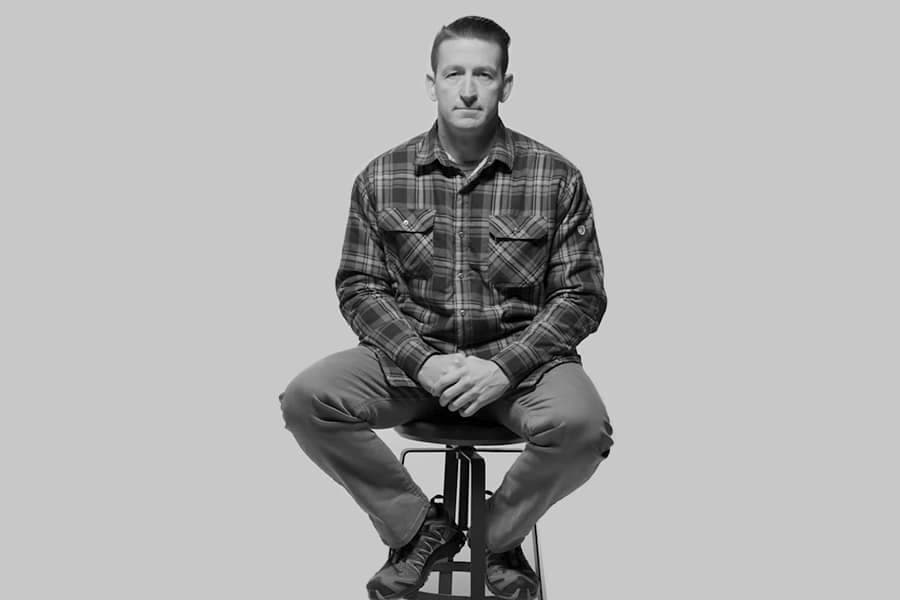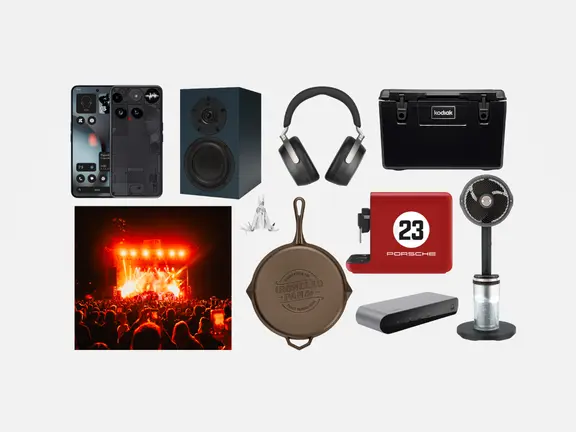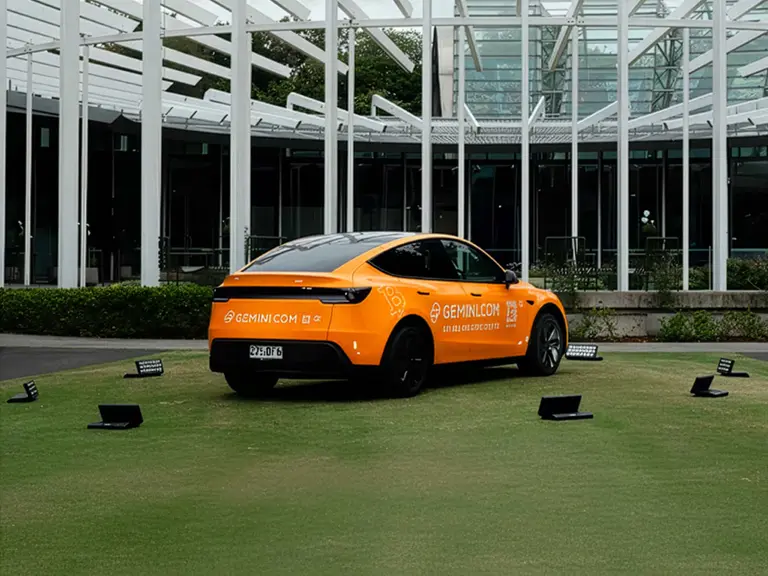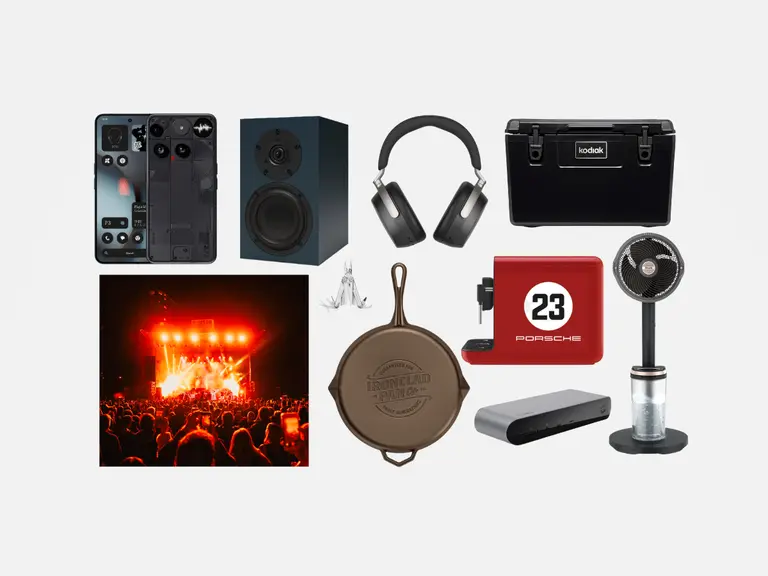
Published:
Readtime: 3 min
Every product is carefully selected by our editors and experts. If you buy from a link, we may earn a commission. Learn more. For more information on how we test products, click here.
Making a decision in the middle of a crisis isn’t the best course of action. But if you can practice “situational awareness” you can make the best decisions. Retired Navy SEAL Clint Emerson, who now works as a crisis management professional. With years of experience on SEAL teams on an international level. Emerson explains that situational awareness benefits us by exercising our minds. As you do so, you’ll find that your memory becomes better, and you’re able to start noticing things.
Emerson uses 2002 blockbuster The Bourne Identity to teach the concept of situational awareness. The clip shows main character Jason Bourne recalling details—even though, as Emerson points out, the observations weren’t that correct. While this illustrates hypervigilance, Emerson points out that this isn’t accurate for the average person. What is effective is putting a plan in place in the case of emergencies. Especially important is looking at your home’s layout to identify points of entry/exit as well as dead ends.
Emerson also explains the OODA loop—Observe, Orientate, Decide, Act. When you’re in a crisis, your fine motor and thinking skills are out the window. But if you have already made good decisions, or if you can train your brain to do so, then you won’t have to worry about making those decisions in the moment of crisis. Emerson recommends creating plans for different situations for every place you spend your time.
Total awareness consists of four awareness types. The first is personal awareness, or being aware of what you look like to others. Cultural awareness is defined as knowing what is acceptable in wherever you are. Third party awareness is knowing that there are people all around you judging you and looking for weaknesses. Situational awareness involves recognising what is going on in the environment around you.
Emerson recommends utilising this awareness in conjunction with run, hide, fight, especially in the case of active shooters. Emerson also talks how you can weaponise common items to improve your chances in the case of a fight situation.
Awareness is teachable, it just takes practice. The more you practice, the better you’ll be at using your brain even as you increase your safety and security. If you’re going to take anyone’s advice, then why not listen to a professional, like a retired Navy SEAL?


































Comments
We love hearing from you. or to leave a comment.